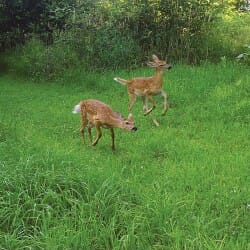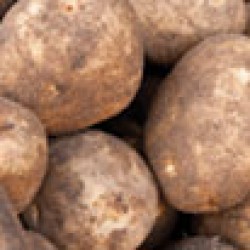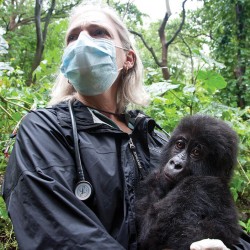Shop ’n’ Save
Network designates producers who protect wildlife.
Is a wild shopping spree ever a good thing? For those striving to save the planet through socially conscious consumption, it can be — when the merchandise is certified “wildlife friendly.”
The new eco-label was launched last year by eight nonprofit and for-profit conservation groups, known collectively as the Wildlife Friendly Enterprise Network. Makers of food, clothing, and crafts earn the label by monitoring and protecting endangered animals on their lands. In return, the network helps market their goods.
Five producers have now attained the designation, including rice growers in Cambodia who safeguard the habitat and eggs of the rare giant ibis, and an Andean wool maker who defends alpacas against the imperiled spectacled bear. Several more certifications are pending, and new requests are coming in, says Adrian Treves, a UW environmental studies professor, and a co-founder of the network and member of its certifying board.
Treves says the collective is trying to deliver a market incentive to these kinds of producers. Conservationists understand, he explains, that if you want individuals to work toward a societal goal, you must meet their needs, too. Industries like ecotourism share revenue with those who bear the cost of living with wildlife, hoping they’ll come to value its conservation.
But proving wildlife is actually being saved is tricky, says Treves. During the next several years, he’ll study ways to confirm that animals are surviving in the places where certified producers claim they are.
“We want consumers to be able to scrutinize the evidence and say, ‘Hey, it’s true. The people producing this product are actually living with wildlife and protecting it,’ ” he says.
For more information, visit www.wildlifefriendly.org.
Published in the Summer 2009 issue



Comments
No comments posted yet.